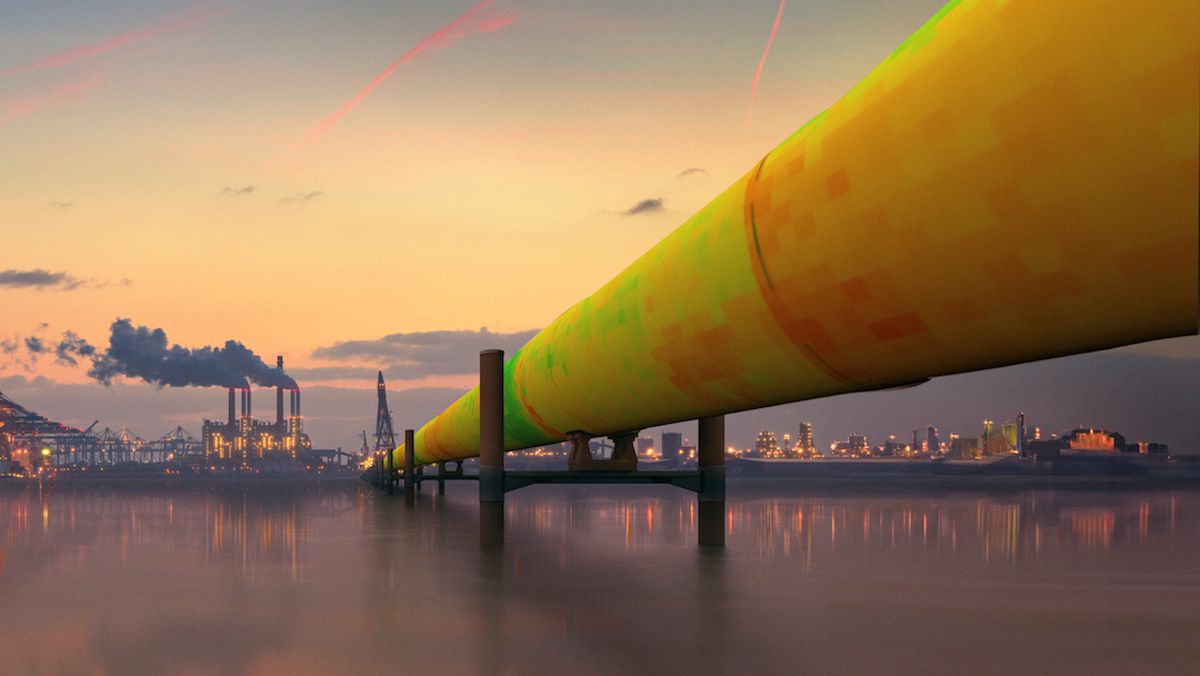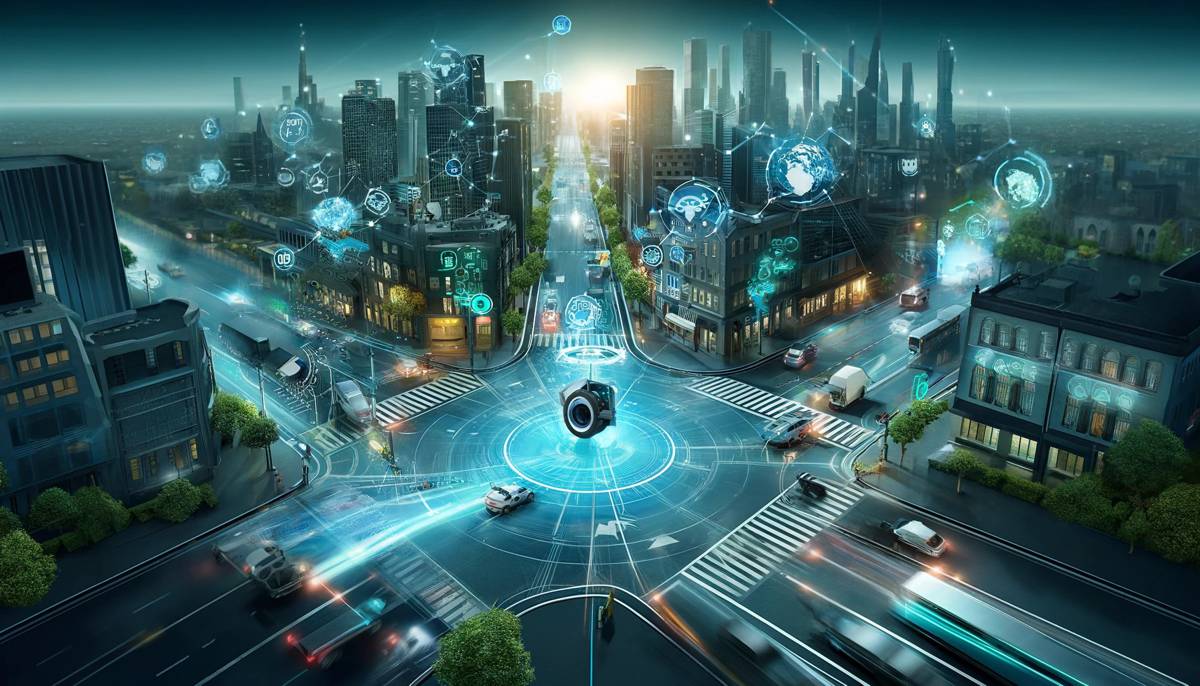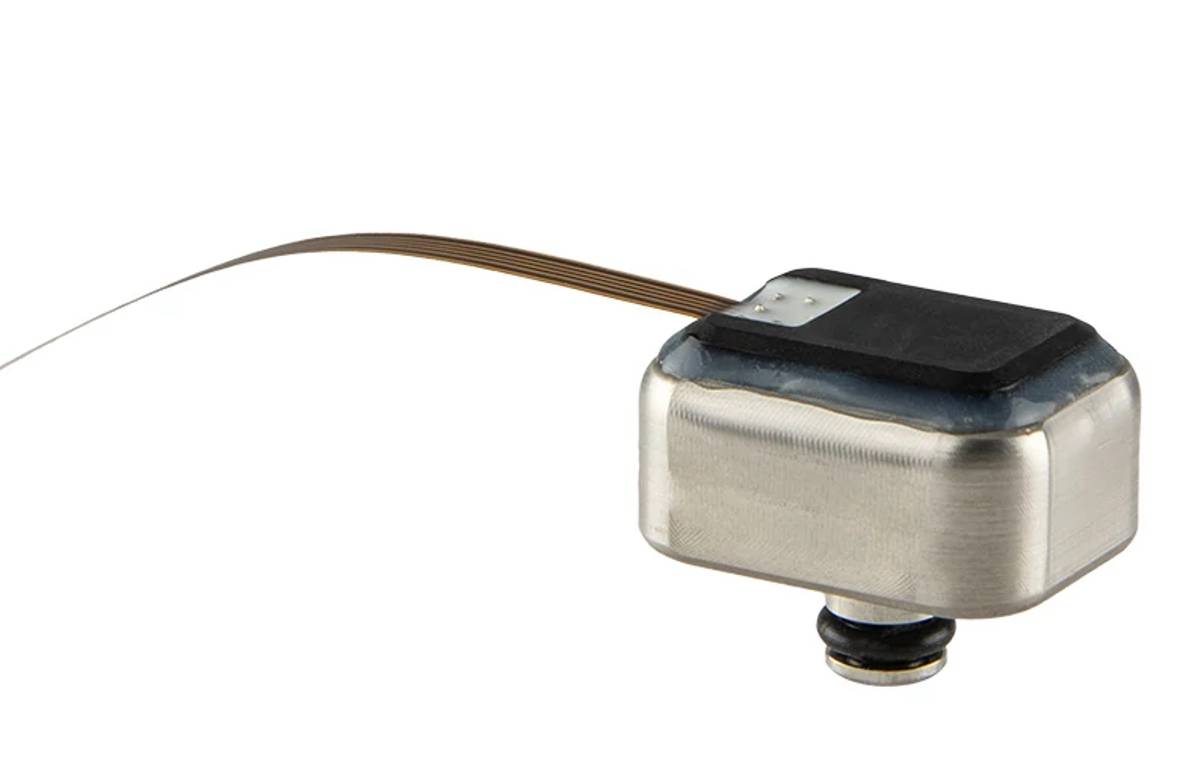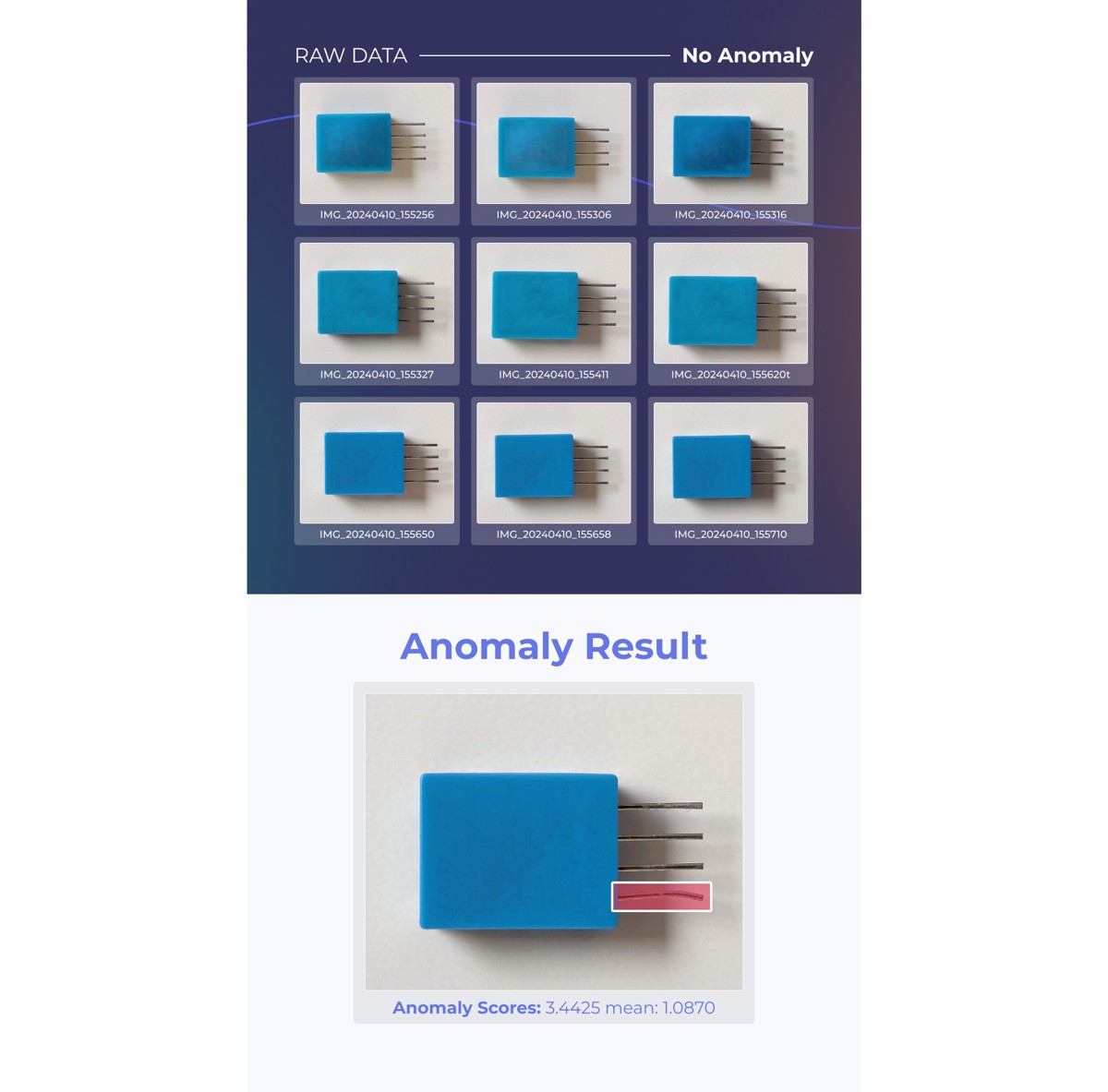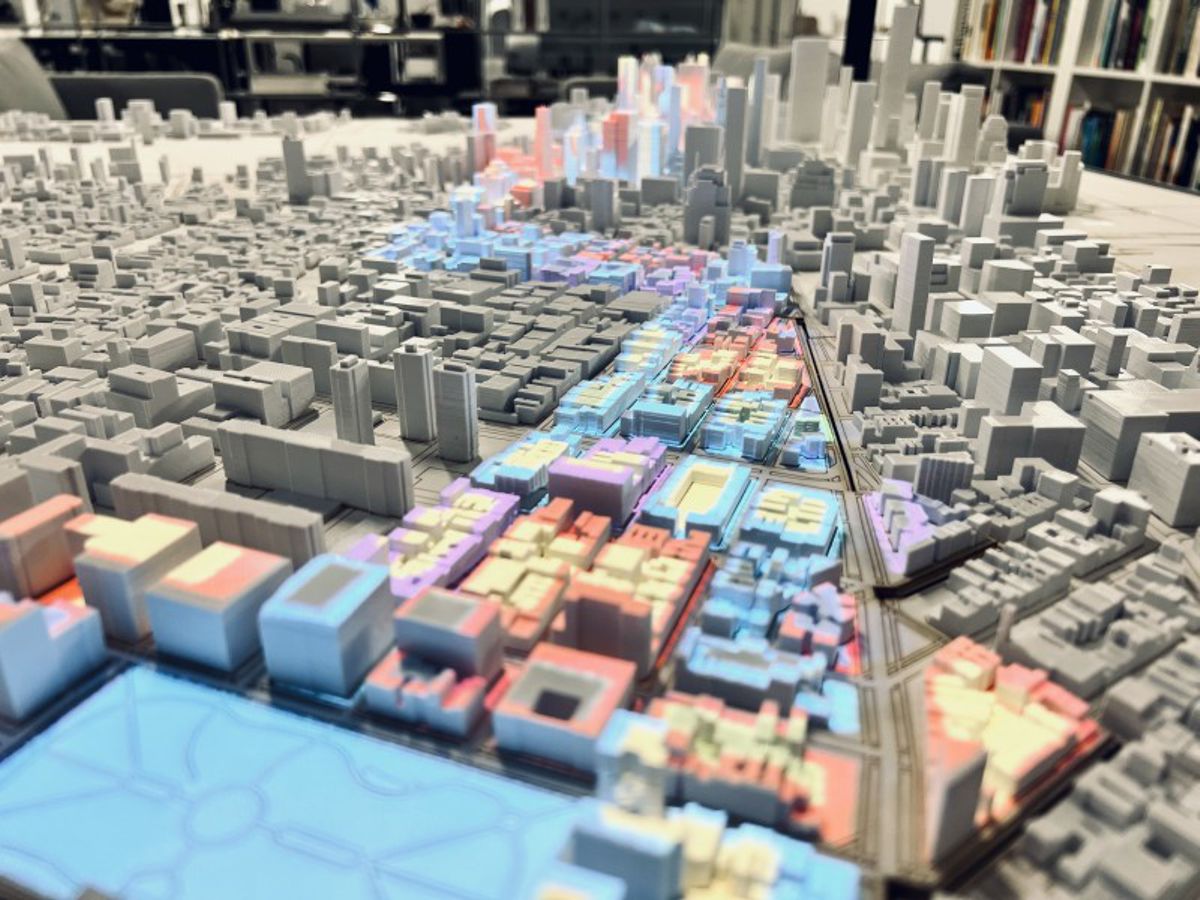Digitizing Critical Infrastructure to Reduce Emissions
Gecko Robotics, a company at the forefront of using robotics and AI-powered software to improve the health of the physical world, has joined forces with Rho Impact, a leading impact analytics firm, to unveil ground-breaking findings on the potentially transformative environmental impact of digitizing critical infrastructure.
The new research, combined with a previously released report on boiler tube failures, underscores that better use of robotics and AI could result in an impressive reduction of 853 million metric tons (MMT) annually, equivalent to 18% of U.S. CO2 emissions, or eliminating more than half (64%) of the gas-powered vehicles on the road.
The study conducted across diverse industries stresses the opportunity the increased use of data about the health of key physical infrastructure offers the world. By fully addressing these blind spots through robotics-enabled digitization, the following reductions could be achieved by 2030:
- Oil and Gas Pipelines: 556 MMT CO2
- Baseload Power Plant Reliability: 230 MMT CO2
- Pulp & Paper Manufacturing: 46 MMT CO2
- Maritime Transportation: 11 MMT CO2
- Bridge Inspection & Maintenance: 10 MMT CO2
“This data represents a major shift in how the world thinks about achieving net zero and Industry 4.0,” said Jake Loosararian, CEO and co-founder of Gecko Robotics. “At a time when leaders are balancing net-zero goals with economic stimulation and growing demand for energy, especially in developing economies, we need a new game plan to achieve 2030 goals. A paradigm that demands our existing infrastructure adopt technology at warp speed and ensures our renewable strategy doesn’t make the mistake of the infrastructure that got us here.”
The research findings emphasize the importance of leveraging robotics, sensors, and digitization to unlock new industrial efficiencies, reduce waste, and minimize the carbon footprint of the manufacturing sector.
“Improving the sustainability of today’s infrastructure requires ongoing innovation, including how we collect data about the built world,” says Rho Impact CEO, Gilman Callsen. “The potential emissions impact of improving the reliability of heavy industry and infrastructure demonstrates the promise of deploying scalable technologies that are available today.”
Addressing Fugitive Emissions
Detecting corrosion, leaks, and other defects within the oil and gas sector could reduce fugitive emissions by 556 MMT CO2e per year by 2030.
The findings include a 37% emissions efficiency improvement compared to undigitized, unrepaired assets, largely by decreasing the release of potent greenhouse gasses like methane.
Decreasing Forced Outages
A previously released study conducted by Rho Impact and Gecko Robotics in late 2023 concludes that the digitization of boiler tubes at energy generation sites could lead to a potential 230 MMT CO2 reduction per year, all by keeping more efficient baseload generation online and inefficient backup generation offline.
Monitoring Improves Efficiency
In the pulp and paper industry, digitizing key physical assets could result in an annual emissions reduction of 46 MMT CO2e by 2030.
Routine inspection and maintenance has been shown to improve operational efficiency by the U.S. Environmental Protection Agency. Digitization can drive a 6% emissions efficiency improvement compared to undigitized assets.
Optimizing Maritime
Load optimization and leak detection present significant opportunities for addressing greenhouse gas emissions in maritime shipping. Digitization could avoid 11 MMT of CO2 emissions by improving the availability of the largest, most efficient shipping vessels. The largest ships in the global maritime fleet can be up to 70% more efficient than smaller, less fuel-efficient ships. 90% of the world’s traded goods are moved through maritime transportation, according to the IEA.
“This study found that if robotic technologies can decrease overall stationary maintenance time by 1.5 days per large ship per year, then emissions from global maritime shipping could be avoided annually by 11 MMT CO2e in 2030, relative to a business as usual scenario,” said Rho Impact CSO, Seth Sheldon, PhD.
More information and specifics on the research findings can be found here.


